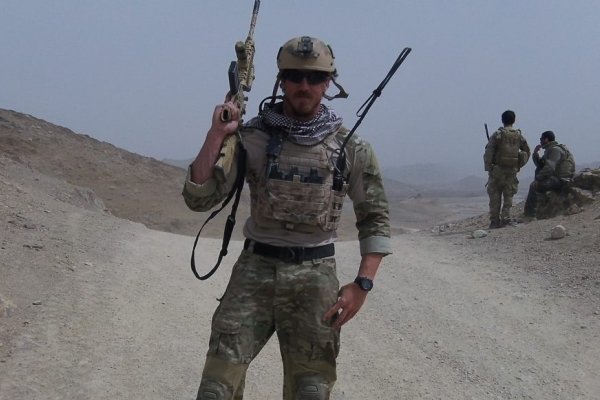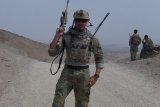Eligibility Requirements
- Meet one of the following criteria:
- Prior college courses, completed with a grade of C or better, from regionally or nationally accredited institutions of higher learning, or the equivalent from a foreign institution, as evaluated by a NACES approved agency.
- ACE-reviewed military or professional training for which college credits are recommended.*
- Other military or professional training reviewed by Norwich University for which college credit has been assessed, or is stipulated in a MOU.
- Credit recommended based on scores on standardized tests such as CLEP.
- High school diploma or equivalent GED.
- If English is not your first language, proof of English language proficiency is required. This can be demonstrated in one of three ways:
- TOEFL - a minimum score of 550 (paper-based test) or 80 (Internet-based test) on the TOEFL is required unless otherwise noted in specific articulation agreements.**
- IELTS – a minimum composite score of 6.5 is required.**
- Duolingo - a minimum score of 110 is required.
- Successful completion of an associate’s degree from an accredited U.S. higher education institution.
*Prospective students who have completed military or professional training that has not been ACE reviewed may petition to Chair of Continuing Studies to have their training reviewed and assessed for transfer credit.
Please Note: All eligibility requirements are expected to be met unless noted in specific articulation agreements or memoranda of understanding (MOUs).
SPECIAL NOTE TO NORWICH UNIVERSITY RESIDENTIAL STUDENTS:
- If you are a residential undergraduate student at Norwich University, you may enroll in CGCS courses only with written permission of the Dean of the College of Graduate of Continuing Studies, your undergraduate advisor, and your major undergraduate department chair and/or dean via the petition to enroll at CGCS form on the registrar's webpage.
Admissions Process
To apply, you must submit the following no less than four weeks prior to your desired start date:
- Application form
- Resume is required if applying for transfer credit.
- Official military training transcripts (Joint Services Transcript/CCAF), sent to the address below.
- Official transcripts of all courses taken at regionally accredited colleges, sent to the address below.
- If entering with no military or college credit, applicants must show proof of high school completion via diploma or GED.
Transcript Links
- Army/Navy/Marine/Joint Services Transcript
- Community College of the Air Force (CCAF) Transcript Requests
Mail transcripts to:
Norwich University
ATTN: CGCS
158 Harmon Drive
Northfield, VT 05663
For electronic delivery, we accept transcripts delivered from Parchment, National Clearing House, and other services if sent to cgcsamt@norwich.edu via password protection.
To contact an admissions advisor:
Call: 1-888-409-1480
Email: learn@norwich.edu















